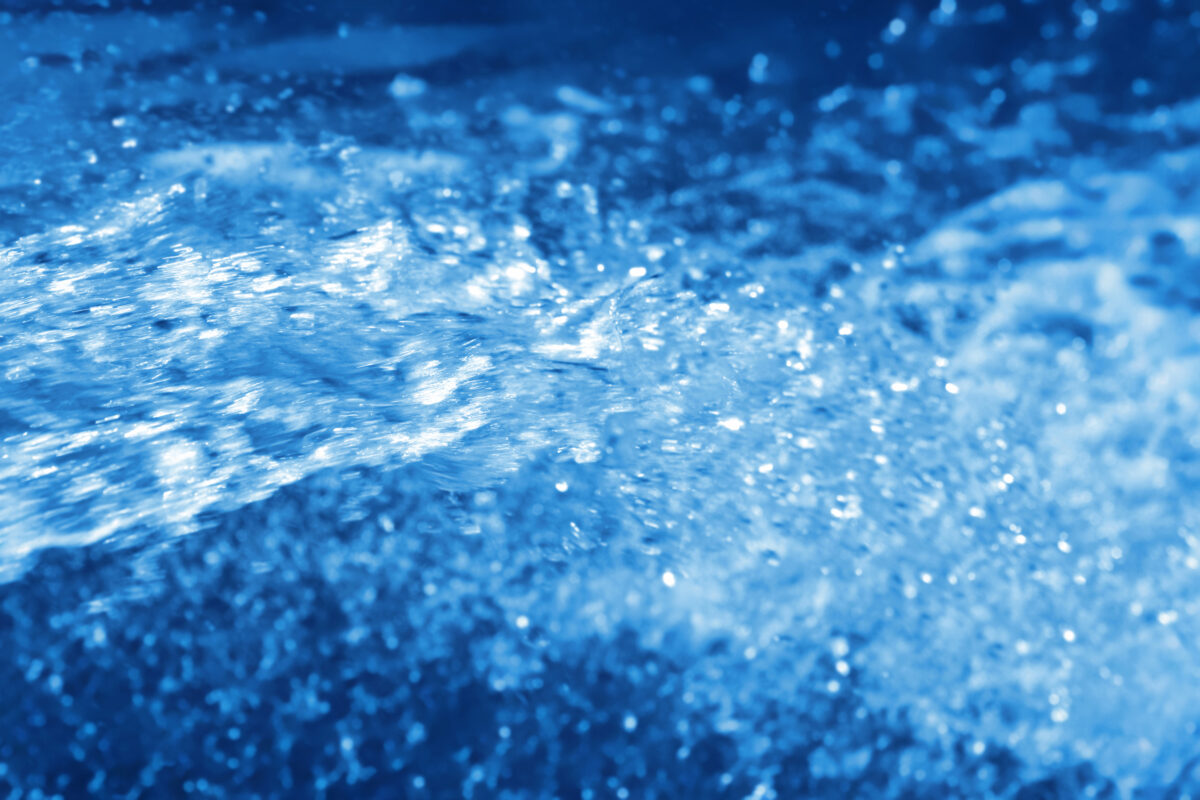Articles About Reverse Osmosis Systems
Water – Nature’s Most Extraordinary Element
Water: Nature’s Most Extraordinary Element
Water is essential for life — a unique substance with chemical and physical properties that make it one of nature’s greatest miracles. From the origin of life on Earth to the survival of modern ecosystems, everything depends on water.
A Scarce Resource on a Blue Planet
While over 70% of the Earth’s surface is covered by water, only 3% is fresh water — and just a fraction of that is accessible for human consumption. Around 68% of fresh water is locked in glaciers, while nearly 30% lies underground.
To put it into perspective: if all the water on Earth were gathered into a single sphere, its diameter would be just 1,385 km — roughly one-third the size of the Moon.
Water and the Human Body
Water makes up approximately 60% of the adult human body. In infants, this figure is as high as 78%, and it gradually decreases with age. It plays a crucial role in bodily functions including circulation, digestion, cellular communication, detoxification, and temperature regulation.
An average person loses 2–3 litres of water daily through perspiration, breathing and urination. Over a lifetime, this adds up to 35–50 tonnes of water consumption.
Scientific Wonders of Water
•Water expands when it freezes, allowing ice to float — an anomaly among liquids.
•Pure water does not conduct electricity; conductivity arises from dissolved minerals and salts.
•Hot water can freeze faster than cold under certain conditions, a phenomenon known as the Mpemba effect.
•Surface tension in water enables it to travel upwards through plant roots and stems.
•Hydrogen bonding causes water droplets to form round shapes and gives water its cohesive properties.
Beyond Earth: Water in the Cosmos
Water isn’t exclusive to Earth. Frozen water has been found on Mars, and vast subsurface oceans are believed to exist on Jupiter’s moon Europa and Saturn’s moon Enceladus. Even the Moon harbours water ice within its polar craters — a potential game-changer for future space missions.
Fascinating Facts About Water
•Though oceans appear blue, water is actually colourless; it reflects blue light due to how it absorbs sunlight.
•Some cultures refer to “living water” — while water isn’t biologically alive, natural spring waters often contain higher mineral content.
•Tardigrades, microscopic organisms, can survive up to 10 years in a completely dehydrated state.
•The oldest water on Earth was discovered 3km underground in a Canadian mine and is estimated to be 2 billion years old.
Conclusion
Water is more than a drink — it’s the essence of health, the core of ecosystems, and the foundation of life itself. At Aura, we are dedicated to making every drop cleaner, safer, and better for you and your family.



Related Posts
Forever Chemicals in Drinking Water: Why Aura Filtration Matters More Than Ever
Magnesium and Better Sleep: How Aura’s Mineral Filter Supports Your Wellbeing
What Is TDS in Water? Why It Matters and How to Measure It at Home